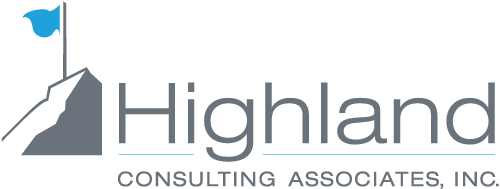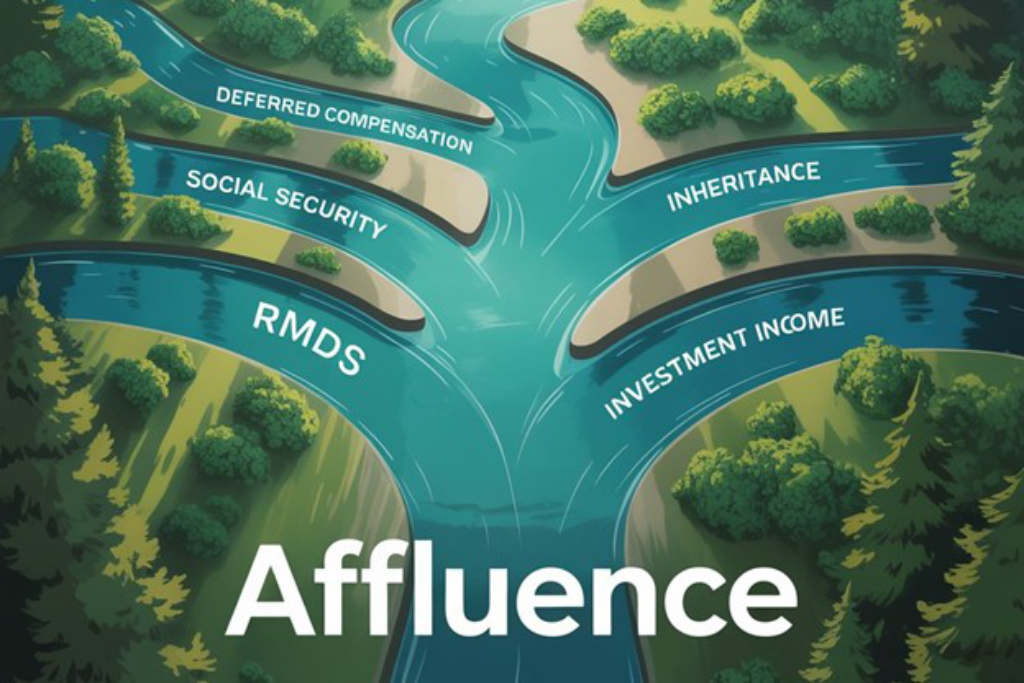Secure Act 2.0 Student Loan Match – Lightening the Student Debt Load to SECURE a Better Retirement
photo credit: istock
“A hundred wagonloads of thoughts will not pay a single ounce of debt.” – Italian proverb
As of 2023, 43 million Americans held $1.6 trillion[i] in student loan debt. That’s a wagonload of debt accumulated in the pursuit of higher thought. That burden of student loan debt is hindering retirement savings. Case in point, a recent study showed that Americans making student loan payments have up to 36% less saved for retirement compared to those without such debt.[ii] Borrowers between the ages of 35 and 49 hold the most student debt, at an average of $43,000 apiece and, alarmingly, 2.7 million borrowers over the age of 62 still owe on their student loans to the tune of $41,000 (on average, and note three-quarters have accrued this debt for their own education, not for their children or grandchildren)[iii]. For savers hoping to retire comfortably, student loan debt is a drag. Literally.
How SECURE ACT 2.0 Applies to Student Loan Relief
To help alleviate the burden, as part of the Setting Every Community Up for Retirement Enhancement Act of 2022 (SECURE 2.0) Congress passed the matching student debt loan provision. This feature of SECURE Act 2.0 allows an employer to make a matching contribution toward an employee 401(k) when an employee makes a payment toward their student loan obligation.[iv] Employers can make matching contributions based on employees making qualified student loan payments (QSLPs). This feature is available to employers sponsoring a 401(k), 403(b), governmental 457(b) plan or SIMPLE IRA.
The contribution based on QSLPs is optional and became effective for plan years beginning after Dec. 31, 2023. Most plans follow the calendar year so this provision is effective for them in 2024. Additional provisions of this feature include:
- Required QSLP Match. An employer must offer the QLSP match to any employee that participates in the plan, even if the employee is not contributing to the plan.
- QSLP as a Family Matter. According to the IRS, a qualified education loan is debt incurred by a taxpayer to pay qualified higher education expenses on behalf of the taxpayer, the taxpayer's spouse, or any dependent of the taxpayer at the time the indebtedness was incurred.[v]
- Deferral Treatment. The law permits employers to treat employee’s QSLPs as elective deferrals
- With Deferral Limits. Student loan repayments treated as QSLPs are generally limited to the salary deferral limit for the year ($23,000; $16,000 for a SIMPLE IRA). And, matching contributions are limited to the IRS 402(g) limit reduced by any elective deferrals made by the employee for the year.
- Benefit Claim Expiration. Employers implementing the match must allow employees at least three months after the closing date of the plan year to claim the matching contribution.
- Employee Self Certification. Employers may rely on an employee’s self-certification that they made a QSLP during the plan year.
This relief for borrowers could be a burden for employers, but Highland stands with you to better understand these provisions and implement them. Understood fully and implemented well, these SECURE Act 2.0 provisions may be a helpful tool to recruit and retain employees, and to help them achieve the retirement they hope for. Contact Matt Foster at Highland to discuss this and other matters that can help you make the most of this new SECURE ACT 2.0 provision.
[i] https://www.newyorkfed.org/microeconomics/hhdc.html
[ii] https://www.ebri.org/health/content/new-research-study-finds-student-loan-debt-payments-having-a-negative-impact-on-average-401(k)-employee-contribution-rates-and-account-balances
[iii] ttps://hechingerreport.org/as-student-loan-repayments-resume-older-borrowers-who-still-have-debt-keep-working/#:~:text=This%20is%20not%2C%20by%20and,Office%2C%20or%20GAO%2C%20found.
[iv]https://www.finance.senate.gov/imo/media/doc/Secure%202.0_Section%20by%20Section%20Summary%2012-19-22%20FINAL.pdf
[v]https://www.irs.gov/taxtopics/tc456#:~:text=A%20qualified%20student%20loan%20is,for%20an%20eligible%20student%3B%20and
Highland Consulting Associates, Inc. was founded in 1993 with the conviction that companies and individuals could be better served with integrity, impartiality, and stewardship. Today, Highland is 100% owned by a team of owner-associates galvanized around this promise: As your Investor Advocates®, we are Client First. Every Opportunity. Every Interaction.
Highland Consulting Associates, Inc. is a registered investment adviser. Information presented is for educational purposes only and is not intended to make an offer of solicitation for the sale or purchase of specific securities, investments, or investment strategies. Investments involve risk and unless otherwise stated, are not guaranteed. Be sure to first consult with a qualified financial adviser and/or tax professional before implementing any strategy discussed herein. Past performance is not indicative of future performance.




